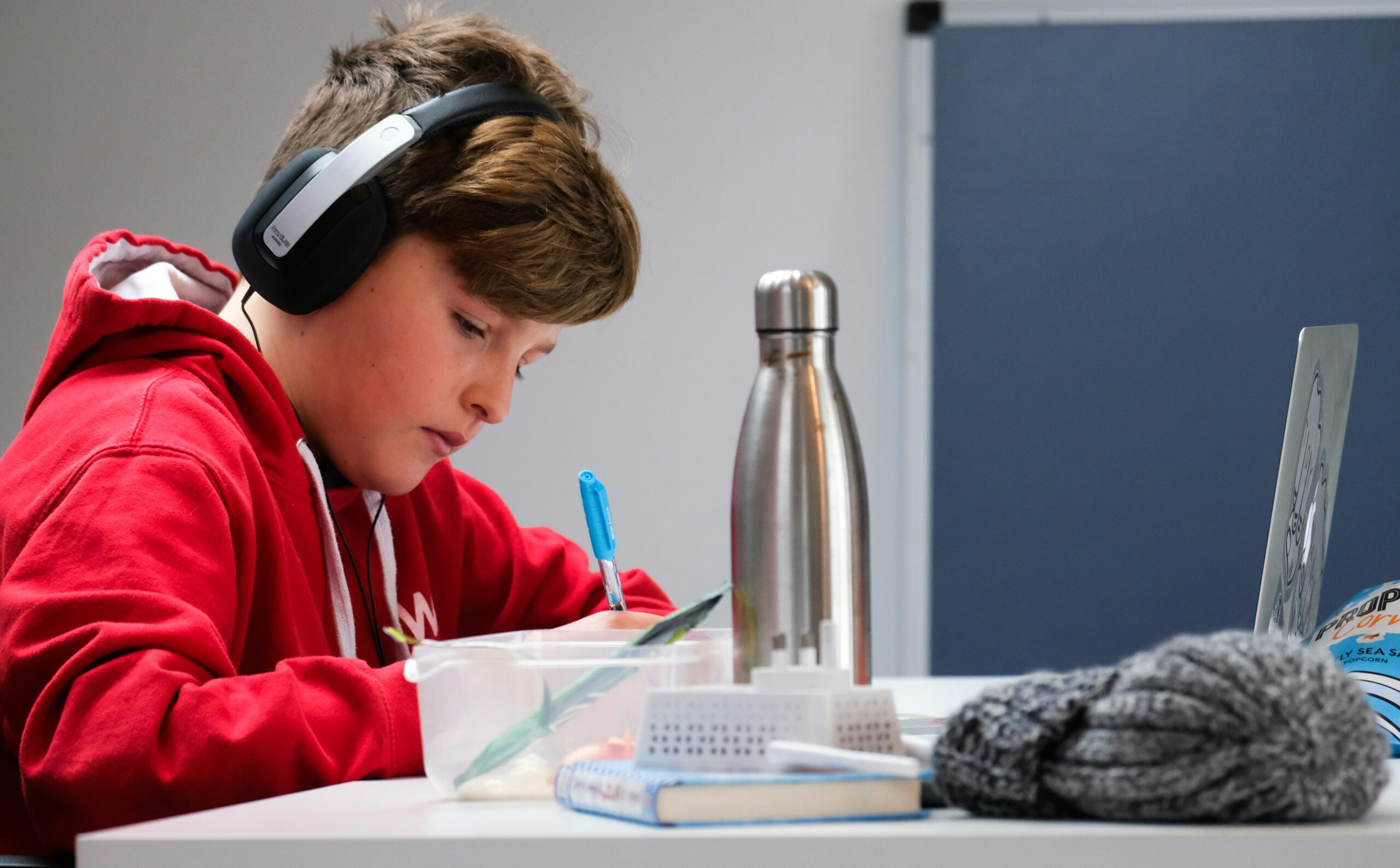
After a long day at school, many children — especially neurodivergent kids with sensory sensitivities — may experience after-school meltdowns. This is a time when all the stress and tension from the day bubble over. If you find yourself dealing with these emotional outbursts, you’re not alone. The good news is there are practical ways to help your child navigate this challenging transition with compassion and understanding.
Validate Your Child’s Feelings
When your child is having a meltdown, start by acknowledging and validating their emotions. Let them know it’s okay to feel overwhelmed after a demanding school day, and reassure them that you’re there to support them. Validation helps reduce shame and builds trust.
Create a Calm After-School Environment
After the stimulation of school, kids often need a peaceful space to decompress. Create a cozy corner with soft lighting, calming music, or sensory-friendly tools such as weighted blankets, fidget toys, or favorite books. A predictable calming space can signal safety and comfort.
Offer Choices to Empower Your Child
Giving your child some control after school can ease frustration. Offer simple choices like: “Would you like a snack or a drink first?” or “Do you want quiet time alone or to hang out with me?” These small decisions help kids feel more grounded and respected.
Practice Relaxation Techniques Together
Introduce your child to calming strategies such as deep breathing exercises, progressive muscle relaxation, or guided imagery. Practicing these skills regularly provides tools they can use both at home and in the classroom when big feelings arise.
Encourage Play and Physical Activity
Movement is an excellent release for pent-up energy. Encourage your child to engage in play or physical activity — whether that’s outdoor time, dancing to a favorite song, or a simple craft project. Physical activity can help regulate mood and improve focus.
Establish a Predictable After-School Routine
Consistency helps reduce anxiety. Create a structured after-school routine so your child knows what to expect. For example: snack, quiet time, homework, then free play. Predictability provides stability and can prevent meltdowns before they escalate.
Listen and Keep Communication Open
Set aside time to really listen to your child. Let them share their thoughts and frustrations without judgment. Open communication helps you identify triggers, strengthen your bond, and work together on solutions for smoother afternoons.
After-school meltdowns are a normal part of childhood, especially for neurodivergent children adjusting to the demands of school. By combining validation, calming routines, and supportive strategies, parents can make this transition period more positive. With patience, empathy, and structure, you can help your child feel safe, heard, and better equipped to handle the challenges of the school day.

